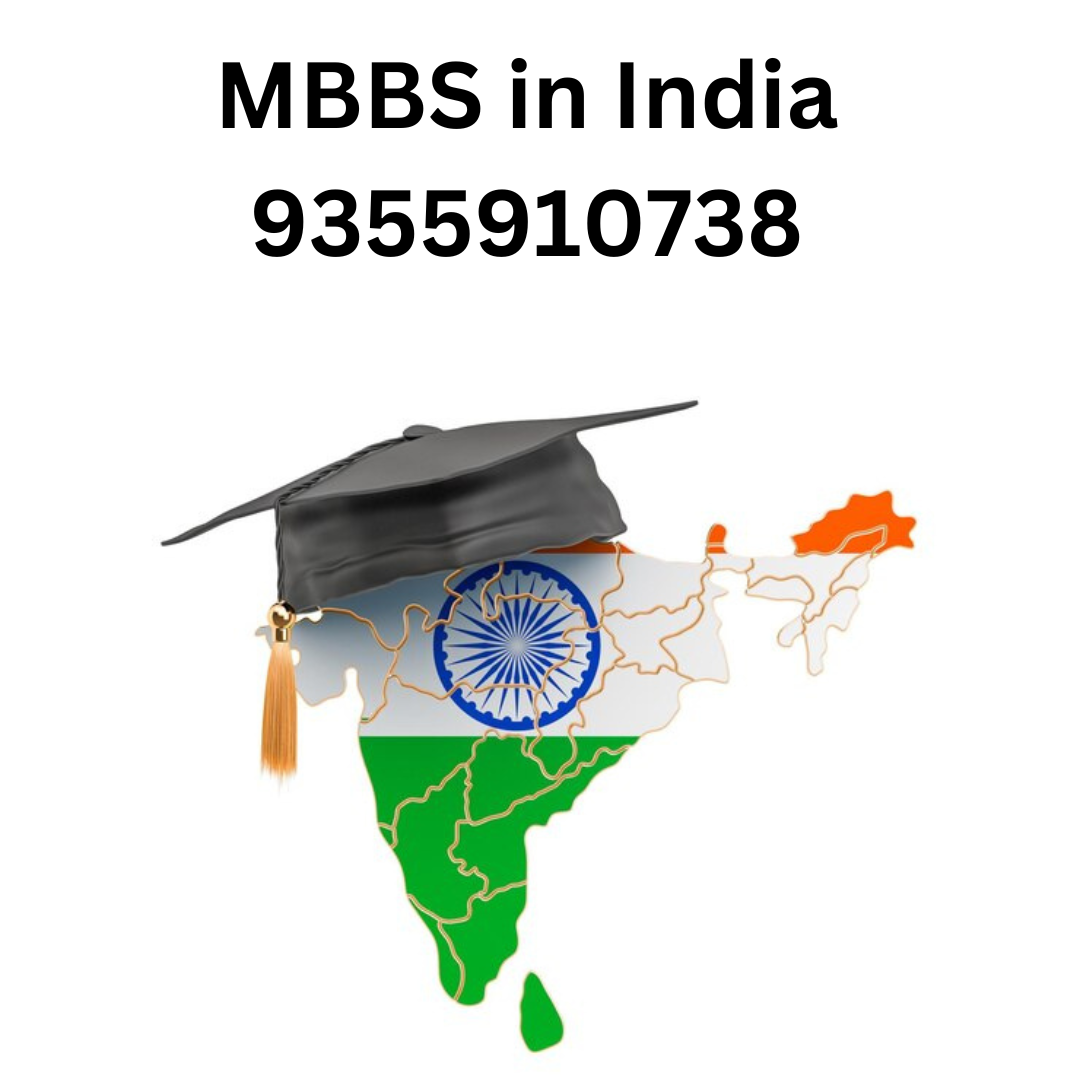
MBBS in India: A Comprehensive Guide for Aspiring Doctors
MBBS in India is one of the most sought-after courses for students who aspire to pursue a career in medicine. With a well-structured curriculum, experienced faculty, and advanced infrastructure, India has become a hub for medical education. Every year, thousands of students compete in the National Eligibility cum Entrance Test (NEET) to secure admission to top medical colleges across the country.
Why Choose MBBS in India?
Globally Recognized Degree:
Indian medical colleges are recognized by the National Medical Commission (NMC), World Health Organization (WHO), and other international medical bodies. This recognition allows Indian MBBS graduates to practice medicine in various countries after qualifying the respective licensing exams.Affordable Medical Education:
Compared to many other countries, MBBS in India is relatively cost-effective. Government medical colleges offer low tuition fees, while private institutions provide world-class facilities at a fraction of the cost of studying abroad.Comprehensive Curriculum:
The MBBS curriculum in India spans over 5.5 years, which includes 4.5 years of academic education and 1 year of mandatory internship. The syllabus covers subjects such as Anatomy, Physiology, Pharmacology, Microbiology, and Pathology, ensuring that students receive in-depth theoretical knowledge and practical exposure.Diverse Clinical Exposure:
India’s vast and diverse population provides medical students with hands-on experience in treating a wide range of diseases and conditions. The extensive patient exposure during internships in government and private hospitals equips students with the necessary skills to handle real-life medical scenarios.
Eligibility Criteria for MBBS in India
To pursue MBBS in India, students must meet the following eligibility requirements:
Completion of 10+2 with Physics, Chemistry, and Biology (PCB) as core subjects.
A minimum of 50% aggregate marks in PCB for the general category (40% for reserved categories).
Qualifying the NEET (National Eligibility cum Entrance Test) with the required cutoff score.
Admission Process for MBBS in India
The admission process for MBBS in India is primarily based on the NEET score. Here’s a step-by-step guide:
Appear for NEET: Candidates must register and appear for the NEET exam conducted by the National Testing Agency (NTA).
Merit List and Counseling: Based on NEET scores, a merit list is released, and candidates are invited for counseling.
Choice Filling and Seat Allotment: Candidates can choose their preferred colleges during the counseling session. Seats are allotted based on merit, preferences, and reservation policies.
Document Verification and Admission: After seat allotment, candidates must verify their documents and complete the admission process.
Top Medical Colleges Offering MBBS in India
India boasts several prestigious medical colleges that offer MBBS programs. Some of the top institutions include:
All India Institute of Medical Sciences (AIIMS), New Delhi
Maulana Azad Medical College (MAMC), New Delhi
Christian Medical College (CMC), Vellore
Armed Forces Medical College (AFMC), Pune
Kasturba Medical College (KMC), Manipal
Cost of Studying MBBS in India
The cost of pursuing MBBS in India varies depending on whether the student opts for a government or private institution.
Government Colleges: The annual tuition fee ranges between ₹20,000 to ₹1,00,000.
Private Colleges: Tuition fees can range from ₹10,00,000 to ₹25,00,000 per year.
In addition to tuition fees, students should consider expenses for books, accommodation, and other miscellaneous costs.
Career Opportunities After MBBS in India
After completing MBBS in India, graduates have several career paths to choose from:
Postgraduate Studies: Pursue MD/MS or other specialized courses to enhance expertise.
Clinical Practice: Work as a doctor in government or private hospitals.
Medical Research: Contribute to the advancement of medical science by engaging in research.
Teaching: Join medical institutions as faculty to train future doctors.
Conclusion
Pursuing MBBS in India is a rewarding journey that opens up numerous career opportunities. With its affordable education, comprehensive curriculum, and diverse clinical exposure, India remains a preferred destination for aspiring doctors. By choosing to pursue MBBS in India, students gain the knowledge, skills, and confidence required to excel in the medical profession and make a significant impact on society.

















Write a comment ...